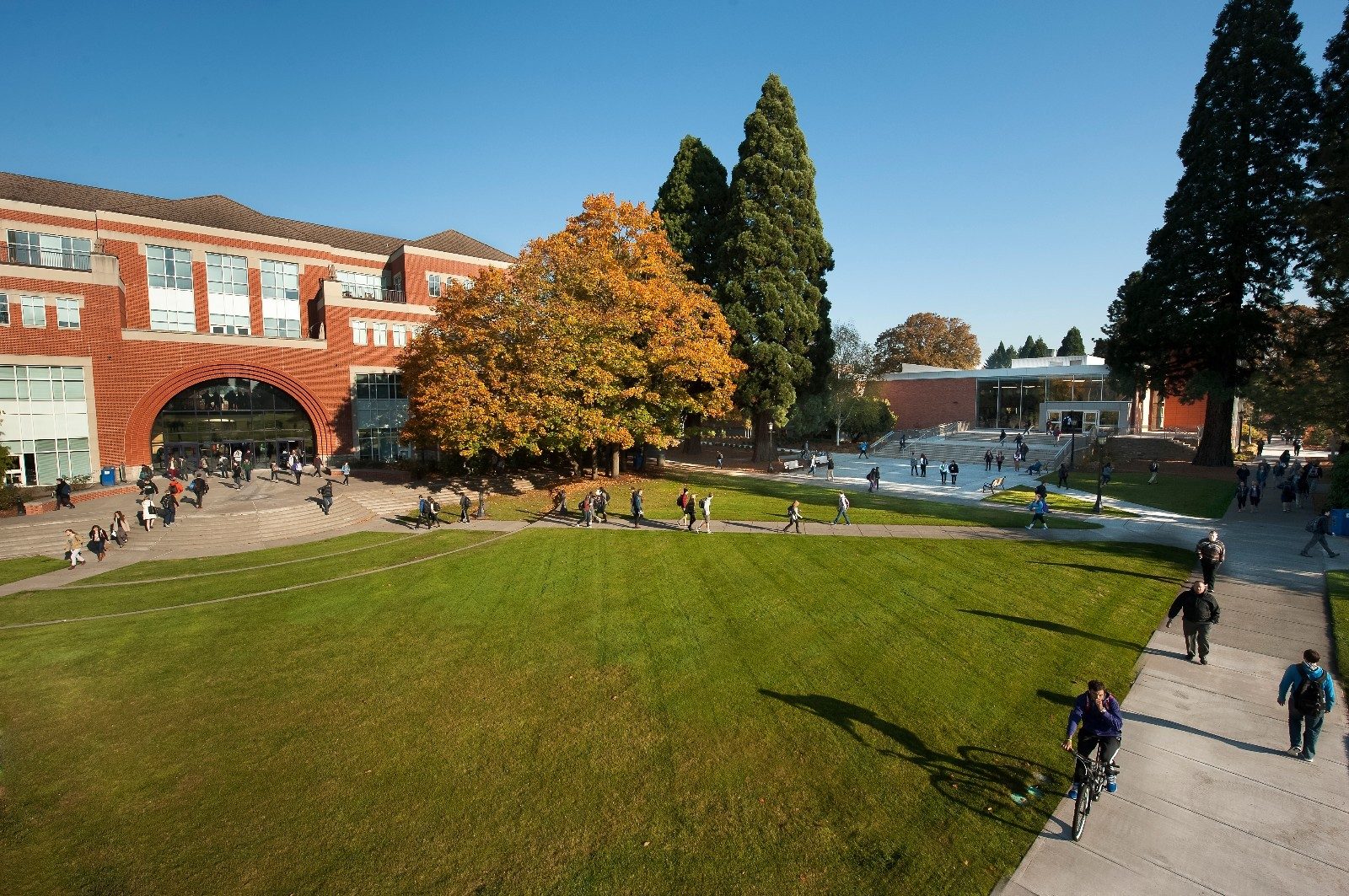 For over fifty years the Higher Education Research Institute (HERI) at UCLA and their Cooperative Institutional Research Program (CIRP) have been administering surveys to incoming first-year college students at U.S. institutions of higher education. The questions they ask have evolved over time, but contain lots of interesting tidbits — ranging from the percentage of students who think it is important to “develop a meaningful philosophy of life” (down from 86% in 1967 to 46% in 2015) to the percentage who think “colleges should have the right to ban extreme speakers from campus” (up from 20% in 1974 to 43% in 2015). UP has been a regular participant in these surveys, which in recent years have started to add questions related to student mental health and psychological well-being — some of which may be interesting for faculty and academic staff to consider when noticing trends for our students.
For over fifty years the Higher Education Research Institute (HERI) at UCLA and their Cooperative Institutional Research Program (CIRP) have been administering surveys to incoming first-year college students at U.S. institutions of higher education. The questions they ask have evolved over time, but contain lots of interesting tidbits — ranging from the percentage of students who think it is important to “develop a meaningful philosophy of life” (down from 86% in 1967 to 46% in 2015) to the percentage who think “colleges should have the right to ban extreme speakers from campus” (up from 20% in 1974 to 43% in 2015). UP has been a regular participant in these surveys, which in recent years have started to add questions related to student mental health and psychological well-being — some of which may be interesting for faculty and academic staff to consider when noticing trends for our students.
According to our Office of Institutional Research, about 85% of UP’s incoming first year students in 2016 filled out the HERI survey — which is a remarkably high response rate. UP is then provided with data on its own students and pre-established comparison groups. One of these comparison groups is “Catholic 4-Year Colleges (High Selectivity)”*, and data is also available up to 2015 on national trends in a 50th anniversary report. So how do our students compare?
In general, it looks as though entering UP students seem to report slightly higher rates of mental health concerns. The percent who “frequently felt depressed” is 16.7%, compared with 9.9% at the comparison group of Catholic colleges and 9.5% of all incoming first year students nationally. Likewise, the percent who “frequently felt anxious” entering UP is 48.4%, compared with 34% at the comparison group of Catholic colleges (no national data is available for that question).
Here are some visuals of other relevant questions:



So, what are the take-aways for those of us who work with students on the academic side of the University? Like all data, there are multiple ways to interpret but here are a few thoughts that strike me:
- I’m surprised that incoming UP students seem to have slightly more psychological concerns than students at comparison schools. It’s possible that is a sampling issue — our response rate to the surveys is very high, so it is possible we are actually getting a more representative sample than other schools. But it is also possible that students are attracted to UP because it promotes a caring community, and thus may feel safer for students willing to acknowledge their mental health needs. But for faculty and academic staff who feel like more UP students are feeling stressed and stretched compared with other places we’ve been, it’s possible that is more than just a feeling.
- It’s probably a good thing that we have slightly more incoming students willing to consider counseling — though stigmas against psychological counseling continue to decline, they still exist and can be a barrier to getting help. Some of this data suggest our students might be open to the suggestion if faculty and academic staff suggest a visit to the Health and Counseling Center might be worthwhile.
- In all the different bits of data, women are more willing to report psychological concerns than men. This is a very common issue in mental health data, which raises important questions about whether women actually experience more mental health concerns, or are just more likely to express those concerns in ways that fit with self-report surveys. I tend to think the latter, which suggests that our male students with mental health concerns may be less open to easy conversations — though equally important to reach.
- The majority of our students, and all students nationally, do not report major psychological concerns. There is a fine line between wanting to make sure we help students who need help, and pathologizing a whole generation — contemporary college students, and contemporary UP students, have ups and downs like college students of any generation. More students these days are willing to attend college with psychological concerns in tow, and with a willingness to discuss those concerns. That can create valuable opportunities for faculty and academic staff to truly consider the whole person when we work with students.
*The Catholic 4-Year Colleges (High Selectivity) group includes Benedictine College (Kansas), Christian Brothers University (Tennessee), Creighton University (Nebraska), Fairfield University (Connecticut), Providence College (Rhode Island), Sacred Heart University (Connecticut), Saint Mary’s College (Indiana), Saint Norbert College (Wisconsin), Seattle University (Washington), University of Detroit Mercy (Michigan), and us.
